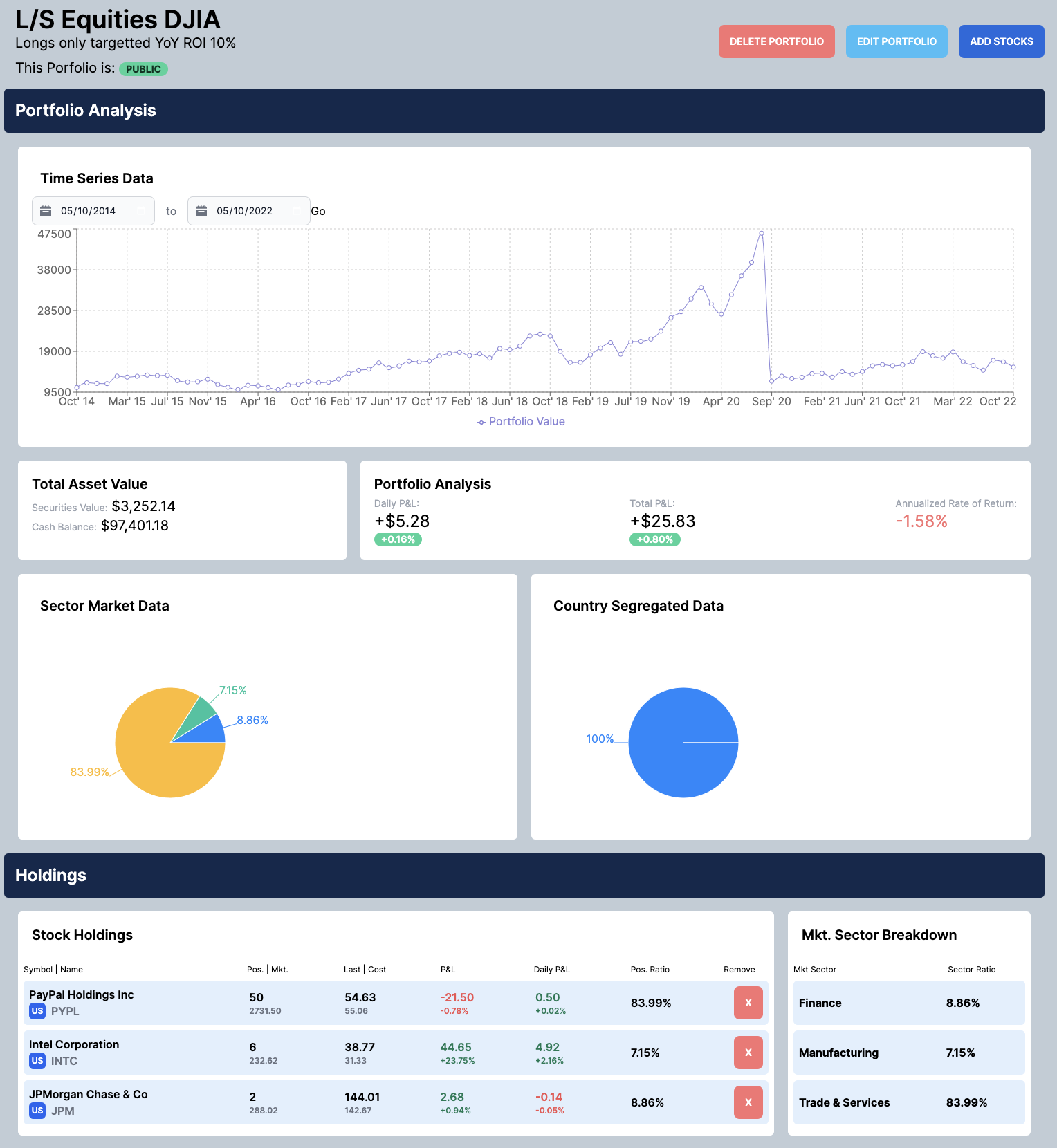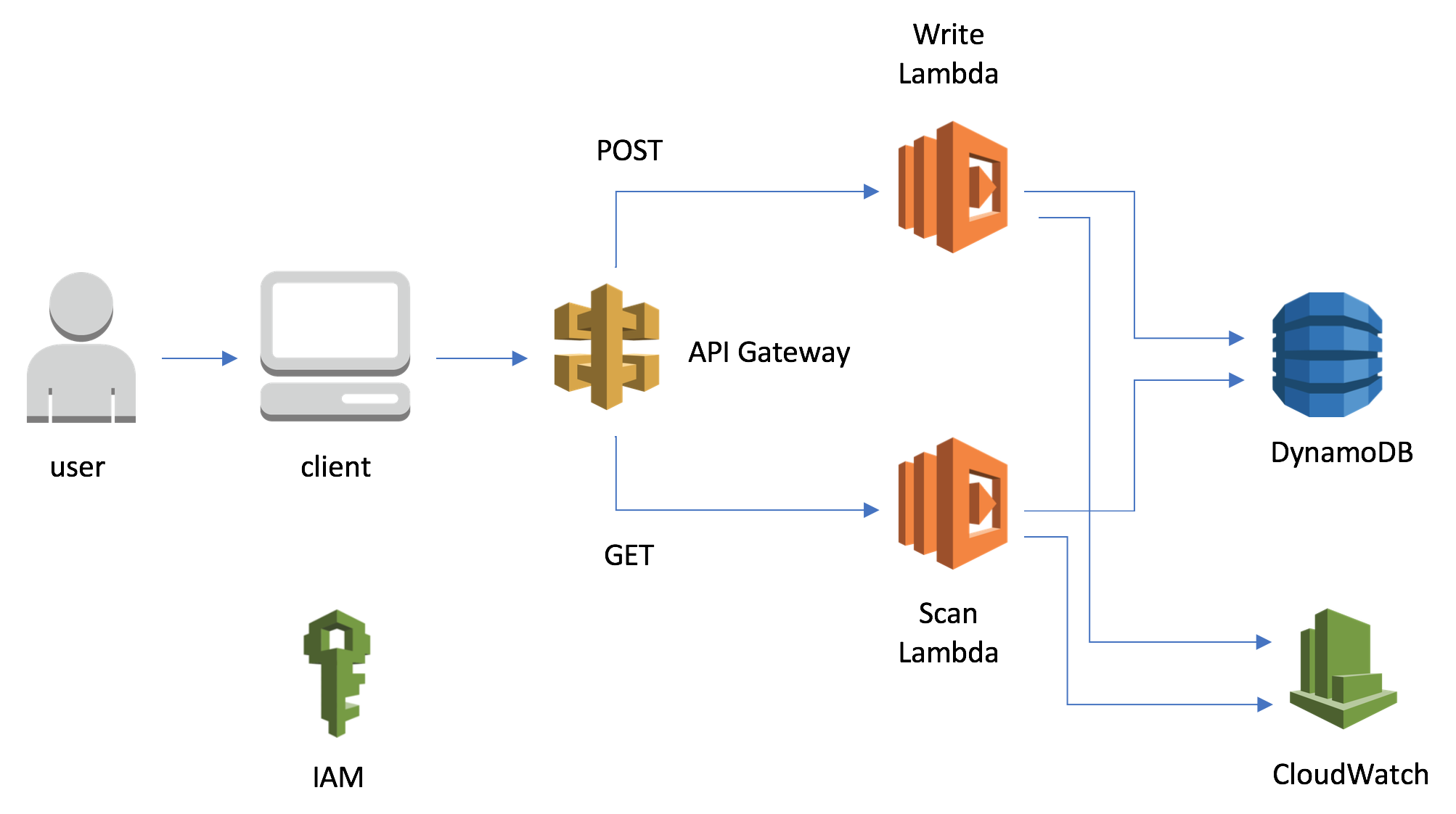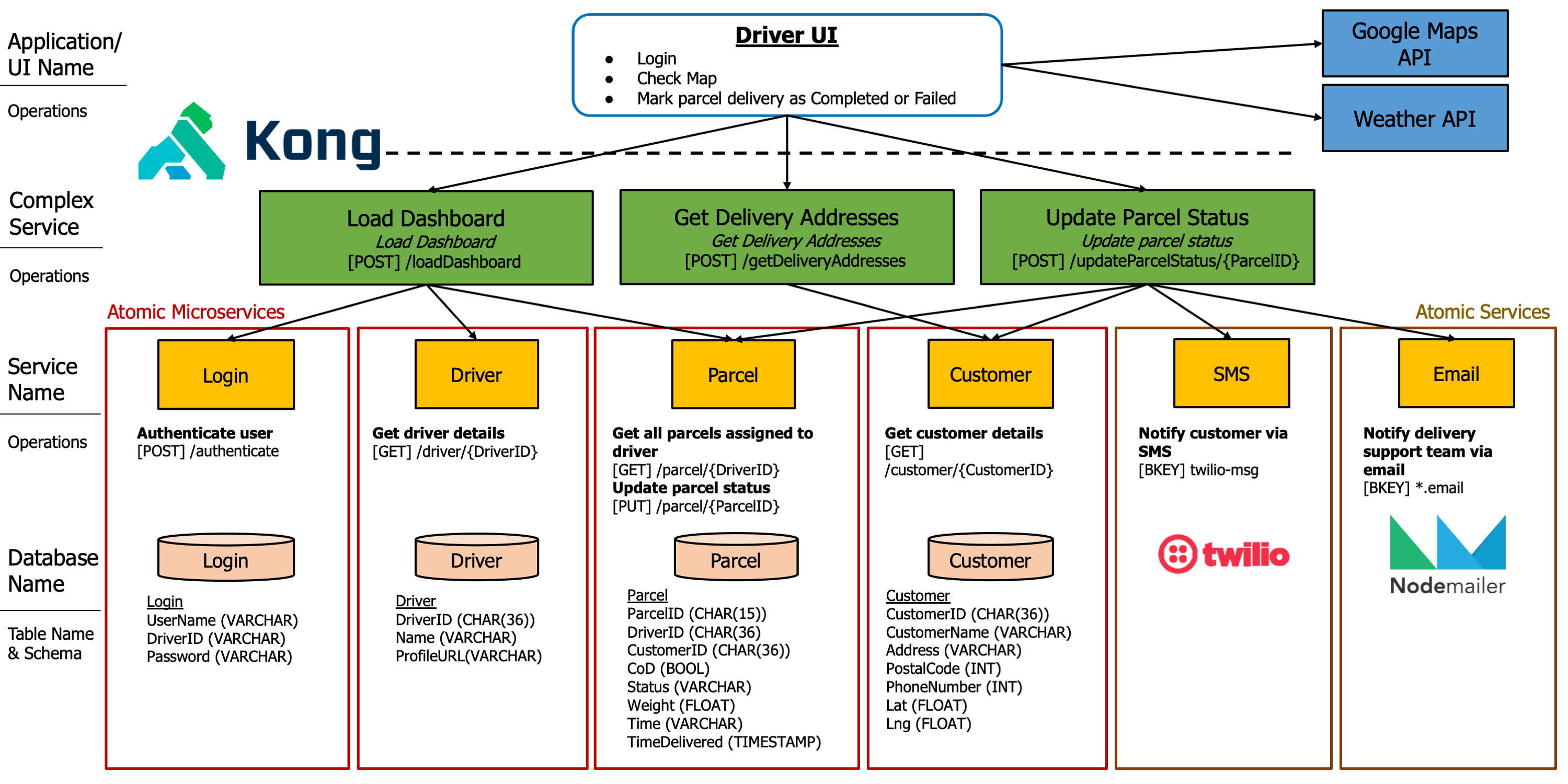Been receiving popular requests to breakdown the exact strategy I use to score. This is a WIP. I will update the series of posts during the holidays. This post will cover mainly what it takes to score well, not the exact techniques.
TLDR: Everyone can score well if they (1) Work Hard, and (2) use the right pre-exam and in-exam strategy. We’ll dive deep into (1) and (2) over the next few posts. This post will convince you why.
Scoring well in SMU is a function of 5 things:
- Hard work and hours put in (40%)
- Study strategy, preparation techniques, exam techniques (30%)
- Luck (10%)
- IQ (10%)
- Genetics (10%)
Can everyone score well?
Yes, only if you have BOTH (1) Hard Work and (2) Optimal study techniques. If you work hard without the right techniques, or use good techniques but don’t work at all, you’ll fall short. Scoring well isn’t easy, and you have to be willing to sacrifice for it. Sure if you’re high IQ, you probably can score regardless, but thats not me, or many people either.
The price of greatness, is sacrifice.
I didn’t have (4) or (5) - I failed aplenty:
- Bottom in Class for primary school science
- First and only person in JC to fail A’level Chinese. I got a U. I was the only student in class as I had to retake my exam.s
- Bottom 50 in JC, visiting the Principal every now and then, 5-6h remedial classes daily for 1 year.
- Despite (3), still being the bottom few of my JC class. Most of the class went on stage during A Levels, but not me.
- Spending 60% of my time revising for English and GP in O’s and A’s, but still no As.
- Trying the hardest in my freshman year, but still no A+.
- Spending many hours on modules while still scoring poorly on many of them.
- Revamping my resume over 50 times and sending over 200 interview applications every year but still failling most of them. I’ve spent so much time interviewing and failing.
- Doing almost 300 Leetcode questions, spending about 1-1.5k hours on them and understanding the solutions. Yes that is really a lot of time spent. I’ve also redone many of the questions 3-5 times over the years.
- Had to re-read my technical notes while preparing for interviews so many times.
- Bombing out in numerous “Problem Solving” Interviews - Tech interviews, Consulting interviews, Group Case Interviews etc.
- Many more+++
But by optimising via (1) and (2), here’s what I could do:
- GPA 4.0/4.0 since Y2 IS.
- Top Student Year 3.
- Getting into Carnegie Mellon University.
- Being able to score close to the top for many quizzes and exams. I’m confident that I’ll have scored a high percentile for at least quite a few of them. I studied really hard for this, and I put in effort for all my quizzes no matter how small a percentage they were. I could invest 10+ hours on a 2.5% quiz.
- Being able to score well for 95% of projects. Scoring well for projects requires a ton of hours put in, because you must be willing to take all the hardest tasks if no one does them, or do a lot of tasks that no one wants to do. This requires a lot of time and effort, and it’s best to start projects really early - like the day it comes out. I know that I’m not the best at doing exams, hence I place a lot of emphasis on trying to score on projects, which will hopefully make up for my other components.
- Scoring well while doing internships
- Completing over 5 internships during my study.
- Being able to graduate in 3 years (6 semesters) instead of the usual 4 years.
- Securing 6 FT Offers.
I did all these while still being able to:
- Have regular hobbies
- Play a lot of games, like a lot. Both mobile and console.
- Meet friends and have a life
- Complete many seasons of Netflix and Anime
- Sleeping before 12am many days a week
- Submit 95% of my projects way before the deadline. I highly encourage everyone to complete their projects at least 2-3 days before the deadline and submit them early.
In these series of posts, I’ll teach you how to do so.
How far can you go?
Will you be able to score 4.0? Possibly but not likely because anything above 3.8/3.9 is 100% luck. I was extremely lucky in a lot of exams as what I studied came out and I could easily recall the content. If other topics came out I wouldn’t have done as well.
You will however most definitely be able to graduate with a xxx Cum laude (3.4 ~ 3.8) if you follow this entire series and execute on the steps and techniques mentioned. This series will be long, as it will be a set of posts and cummulate with a thorough breakdown on how to score for EACH single SMU IS mod. For a comparison, I don’t think there’s an internal quota on the number of B+s per module, so you should be able to average out on B+/A- at the very least. For those willing to invest a lot more hours, A/A+ is within grasp for some subjects.
This is only doable in SMU IS because IS doesn’t grade on a curve, so anyone who works really hard should be able to score well and hopefully achieve a good grade. If you’re ready, get ready to optimise your workload, allowing you to make sure that you’ll score the best you can.
Who should not read this guide?
- If you want to score well, but are not willing to work 60-100h work weeks. It’s really hard to see results without large amounts of effort. If you only start studying during recess week, chances of scoring well is slim.
- If school is not your priority. You can make better use of the hours elsewhere such as doing side projects/internships/certifications.
- If you’re not willing to do the dirty work (tanking projects if needed, taking up tasks that no one wants to do) because a large portion of doing well means that you’ll have to sacrifice your time to take up the hardest parts of a project or the things that no one really wants to do (emailing prof, asking questions, coordinatin etc). This really amounts to a huge amount of time spent and you must be prepared to sacrifice a large chunk of your time on admin tasks as well.
- If you have a bad personality, you should probably spend time working on becoming a more caring, humble and better person.
It takes about 6-12 months for the results to fully materialize, and the first 1-2 years will be really painful. Scoring well is not easy, and you can’t just work 3 hours per module and expect to score straight As. If you’re not wililng to put in the hours, it might be better to focus on finding happiness via other means, instead of trying to do things that you hate.
What’s in store for me?
The road ahead (on average) looks something like this:
- Working hard on both weekdays and weekends - we’re looking at 8h to even 12h days on some cases.
- Working hard on holidays, and having to turn down going to some parties, dates etc.
- Not joining 5 CCAs.
- Finishing entire projects on your own, regardless if you like the project or not (this is one of the biggest determining factors and I’ll talk more about this)
- Always thinking about how to optimise your own learning, and thinking in frameworks for many things.
I don’t want this guide to be misleading, making you think that you can just use the techniques and not study but still score a 4.0. That’s not going to happen. You need to have both (1) extremely hard work, and (2) optimal exam techniques.
Sumamry and next steps
In future posts, I’ll dive deep into how exactly to score for EVERY single module that I’ve taken. The techniques I’ve mentioned will also apply to all other modules you’re about to take, so don’t worry. These set of techniques can be universally applied to other areas apart of study (e.g if you’re picking up a new skill, wanting to get a good job, wanting to get good at playing a certain game etc).
For now let’s unravel the Exact framework to doing well
Hope this helps, and here are the other posts if you want to learn more.



